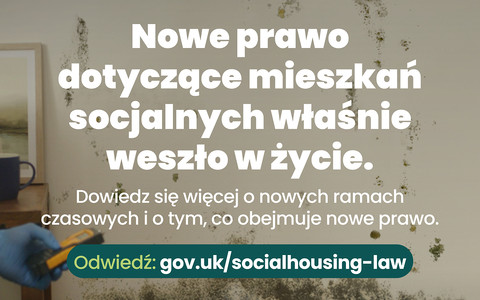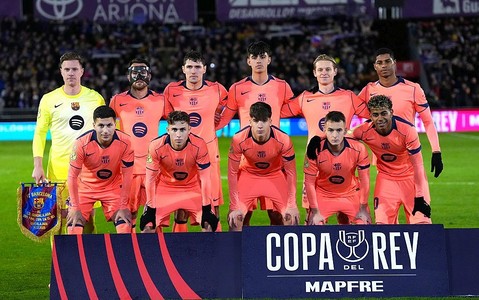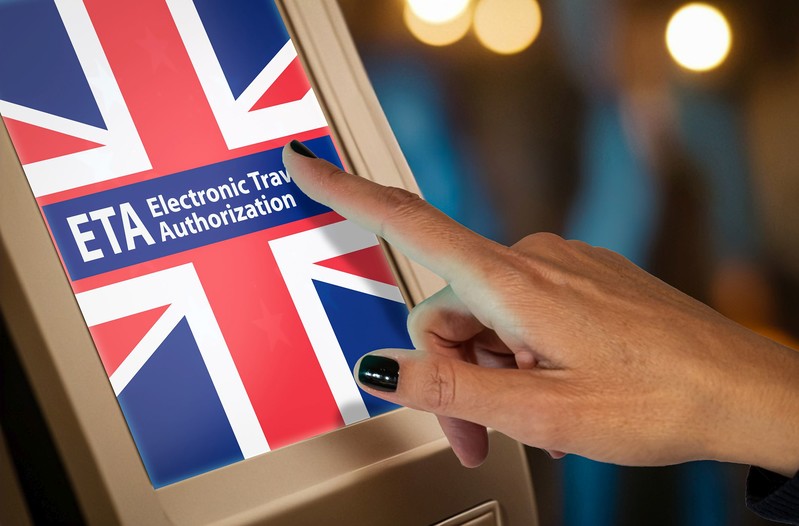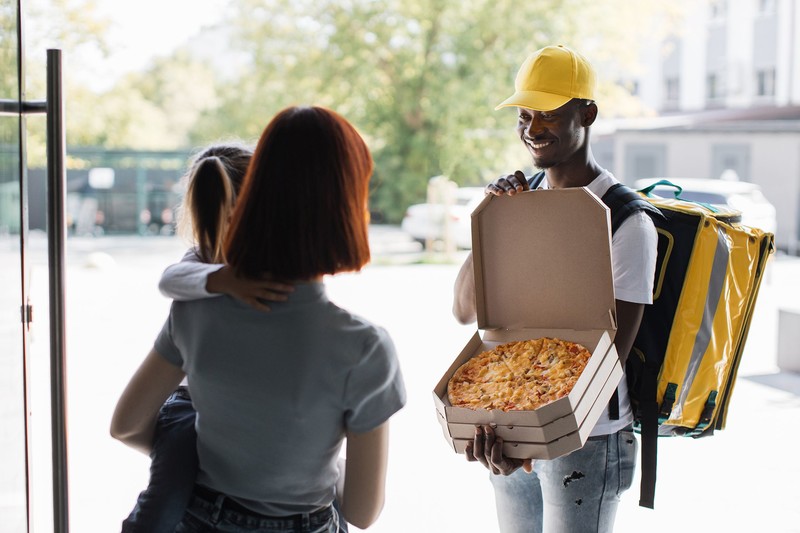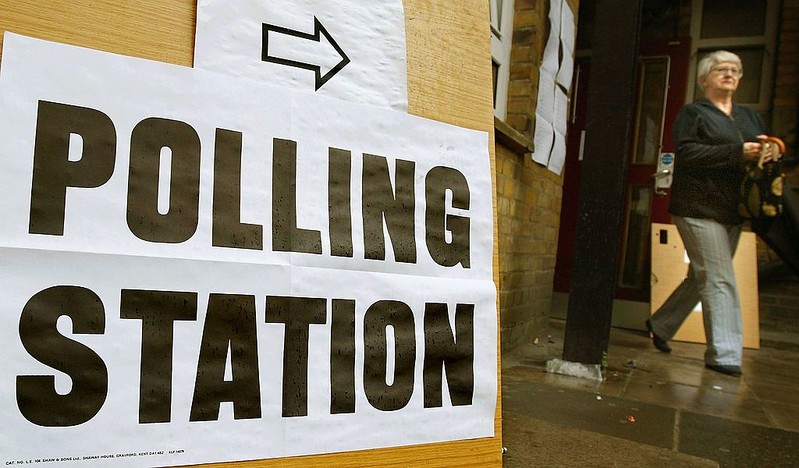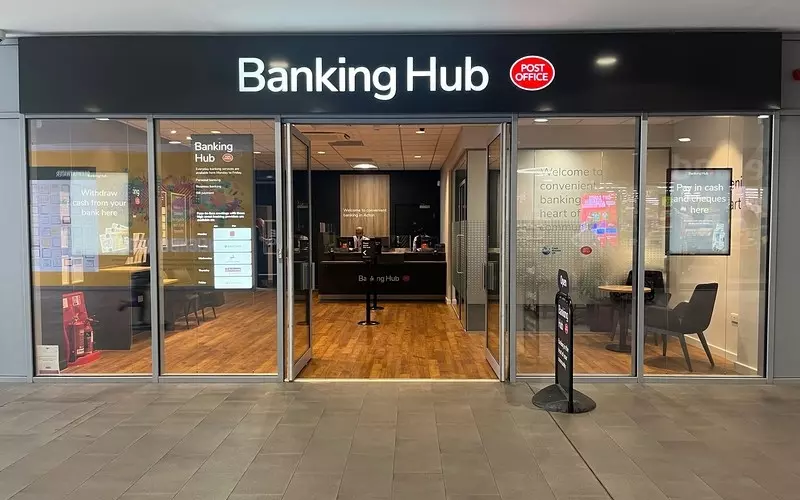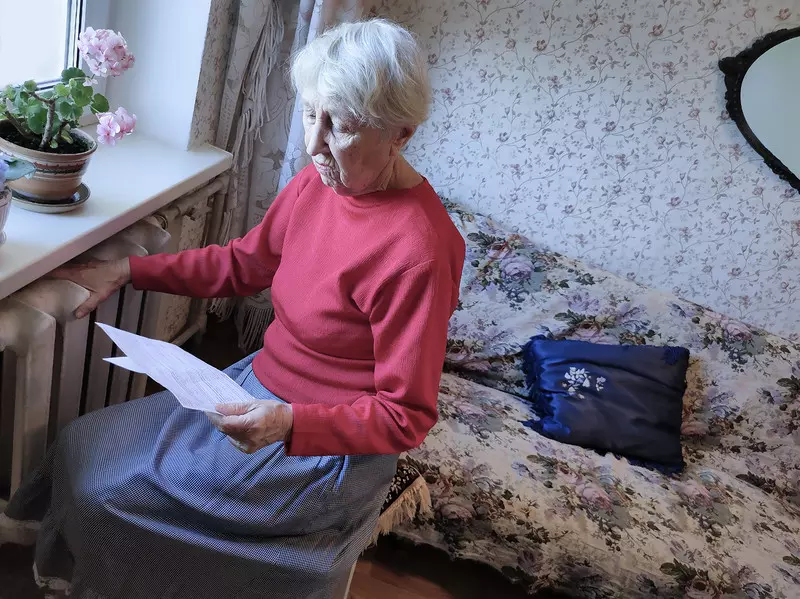How Online Communities Impact Real-Life Connections. Insights from Giuseppe Faraone

They have had a profound impact on how we interact with each other in person, from altering language and social capabilities to building friendships across the globe. In this article, we’ll explore iGaming expert and leading online author Giuseppe Faraone and his view that "Online communities have changed the way we connect in real life".
What are Online Communities?
An online community is any group that communicates primarily through the digital world. Some of the most famous examples include Facebook groups and sub-Reddits, but online communities consist of any group of people interacting via the Internet. Usually, members of the group share an interest in common, such as a band or hobby, through which they connect.
For example, those who enjoy playing online casinos can connect via forums established by providers or across the web. Top online casino expert Giuseppe Faraone said this interaction was "an integral part of player experience". These online casino forums can be great fun, with players discussing different games, strategies, and more. Online communities allow users to instantly interact with people who share their interests across the globe.
The Development of Online Communities
The very first online community, Talkomatic, was created in 1973. However, it wasn’t quite the chat room we would recognise today. It displayed purely read-only content and only allowed messages to be exchanged off-site. It wasn’t until the introduction of widely accessible chat rooms like CompuServe in the 1980s that content was made interactive and continually updated, allowing for discussion between users.
The longest-running online community group, the WELL, was introduced in 1985. At its inception, it only displayed word-based content, and users had to pay a subscription fee to access the site.
However, it soon went beyond its intended purpose as users began exchanging information, such as details of local businesses, through it. In this way, the WELL acted like a town bulletin board, but on a global scale. The WELL helped to shape online communities into what we know them as today, as it combined personal and professional interaction.
The Influence of Online Communities
Studies have found that online communities are continually growing in popularity, with an incredible 76% of Internet users being a part of an online community in 2019, resulting in changes to real-life interactions.
Group Interaction
Before online communities, interacting across a large group was much more difficult, with meetings in person depending on the availability of so many people. Through online communities, large groups across the world can interact with each other instantly.
Group calls and video services, like Skype, bring a form of human interaction. Communication via online communities can be crucial to some groups, like families spread across a large distance.
Changes to Language
Online communities have had a huge impact on the actual language we use to speak to each other in person. The immediacy of these platforms allows developments in language to be spread much quicker than they would in person from region to region. New vocabulary can 'trend', resulting in a heavy online presence, allowing it to quickly pass from virtual to in-person language.
Examples of words that have made this shift include the likes of 'selfie' and 'unfriend', both of which have extended their meaning into in-person conversations. Beyond this, one of the key aspects of writing in online forums is speed, resulting in the adoption of many shortenings and abbreviations. For example, 'LOL' and 'ASAP', which have both moved beyond their online use to be included in real-life interactions, even professionally.
Other words have had their meanings altered by the impact of online communities, such as 'catfish' or 'troll'. The online meanings of these words have changed how they are used during face-to-face conversations. For example, before the growth of online communities, if someone said the word catfish, we would naturally think of the type of fish.
Now, when someone says the word catfish, its meaning has shifted to include someone pretending to be someone they’re not. 'Catfish' was originally used to signify a disruptor, as a result of them being used in tanks of cod to move the fish around and keep their flesh firm for eating.
However, the 2010 film Catfish, which explored the life of a man who discovered the woman he was dating was not who she said she was, saw the term adopt its current meaning.
The development of vocabulary through online communities has left a generational gap in language that is evident during in-person interactions. A Samsung study found that 86% of parents felt their children spoke a completely different language when using social media. For example, for the majority of people over the age of fifty, the word troll wouldn’t have meaning beyond the fairytale villain. According to Ofcom, 98% of 12–17-year-olds in the UK use social media, meaning this language gap is only likely to continue to grow, leading to frequent misunderstandings.
Promoting Creativity
Online communities offer many users an outlet to express their creativity and opinions with fewer consequences. While this can have negative effects, such as cyberbullying, online communities offer a sense of anonymity and usually a shared interest, which can lead users to feel more confident expressing themselves.
By allowing people to share creativity and discuss interests, online communities allow us to confidently express our personalities, which can translate into real life.
Going Global
One of the biggest positives of online communities is the ability to connect instantly to people around the world. This has allowed people to use chat rooms, where they discuss their interests, to find friends all over the planet.
With interacting in real life, many users meet up with their virtual connections in person, including travelling thousands of miles to do so. Increased global connectivity leads to an improved understanding of people across the world, resulting in a better appreciation of cultures globally.
Source of Information
For many young people, online communities are the source from which they get their news. Getting news from social media can have drawbacks, including misinformation and biased or unchecked news stories.
Online communities aren’t just a place to connect, but a source of information for many young people. Staying up to date with current events leads to improved knowledge of the implications of a news story, and it allows us to empathise with others better.
Impact on Quality of In-Person Interaction
For their five billion users, social media platforms are always within reach, and notifications keep them constantly updated. When it comes to interacting in person, online communities can be a distraction. Users may find themselves checking their phones during in-person interactions.
Researchers have found that interacting virtually has left us with a decreased understanding of body language during face-to-face conversations. Non-verbal cues, such as body positioning and facial expressions, are essential parts of understanding human interaction.
Many online community providers have recognised this importance, resulting in the incorporation of emojis to mimic human expressions and tone indicators, such as 'j' and 'srs'. Despite this, it remains difficult to read tone, sarcasm, and humour on online forums, resulting in misunderstandings.
As well as this, in-person interactions have also decreased in frequency due to the emergence of online communities. During COVID-19, online communities were vital channels of communication for vulnerable people, and these connections have continued through to today.
As a result of the continued impact of COVID-19, many immunocompromised people still prefer to connect virtually. For others, they would rather contact people via video and chat functions than drive an hour to see them.
How Have Online Communities Changed Real-Life Interaction?
Online communities have had vast impacts on the way we interact with each other in real life. The influence of these groups is felt across all aspects of life, from language and creativity to news and information.
While some of these changes have been negative, such as a widening gap in language and the spread of misinformation, there have also been positives, including the ability to interact instantly across the world, improving connectivity.
For many people, online communities have been crucial lifelines, replacing in-person interaction during difficult times like COVID-19 or being away from family. Fundamentally, online communities have changed how, when, and who we talk to in real life and will continue to shape all forms of interaction in the future.




